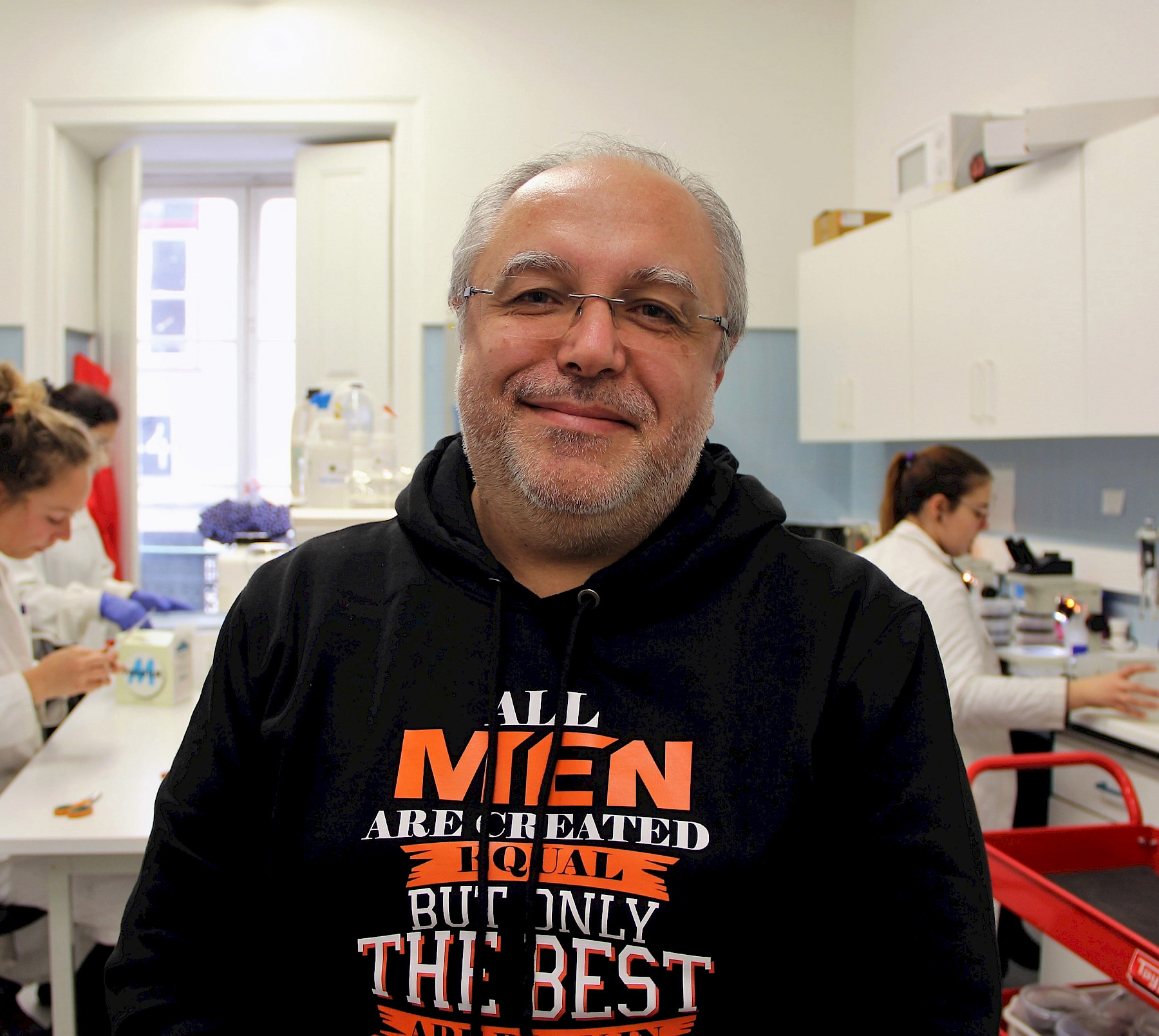UC project funded with 6 million euros to improve resilience of beekeeping
Better-B" evaluates abiotic stress factors such as climate change, habitat loss and chemical compounds on honey bee colonies.
English version: Diana Taborda
The University of Coimbra (UC) integrates an international project that aims to improve resilience of beekeeping against stresses like abiotic stress factors, such as climate change, habitat loss and chemicals, namely pesticides. José Paulo Sousa, researcher at the Centre for Functional Ecology of the Faculty of Sciences and Technology of the UC (FCTUC) is the leader of the project “Better-B” at the UC.
Sousa explains that “Honey Bee colonies are often ill adapted to cope with these stressors, largely due to modern beekeeping practices. The key to resilient beekeeping is to harness the 'power of nature' to restore harmony and balance within colonies and between colonies and the environment, both of which have been disrupted by human activities.”
According to the UC researcher, the best approach is to “understand the processes and mechanisms that occur in nature and adapt modern apiculture practices and decision-making accordingly, and use the benefits of advanced technologies where appropriate” Thus, over the next four years, the research team will focus on different types of stress factors through monitoring, experimentation and ecological modelling.
According to the consortium, the data collected will be used to develop models for assessing the “carrying capacity” of different habitats and also to create decision-making tools for the improvement of habitat structure and its food resources, as well as to establish a balance between beekeeping activity and the conservation/increase of pollinator biodiversity.
The Better-B team will also assess the impact of “landscape complexity and pesticide contamination on the performance of bee colonies”, using assessment methods developed and tested under the “B-Good” project − also involving FCTUC −, which aims to provide guidance for beekeepers to help them make better and more informed decisions. “The research team will evaluate the effects of specific abiotic factors on pesticide sensitivity, by conducting ecotoxicological tests on honey bees to assess lethal and sublethal effects. UC is the only higher education institution in Portugal to carry out this kind of testing.”, highlights the FCTUC professor.
The project will also use monitoring methods to assess the impact of Vespa velutina nigrithorax − also known as Asian hornet − on bee colonies.
“Better-B” is a project funded by Horizon Europe and brings together 17 institutions from Belgium, Denmark, France, Germany, Italy, the Netherlands, Norway, Poland, Portugal, Romania, Spain, Sweden, and the United Kingdom.

